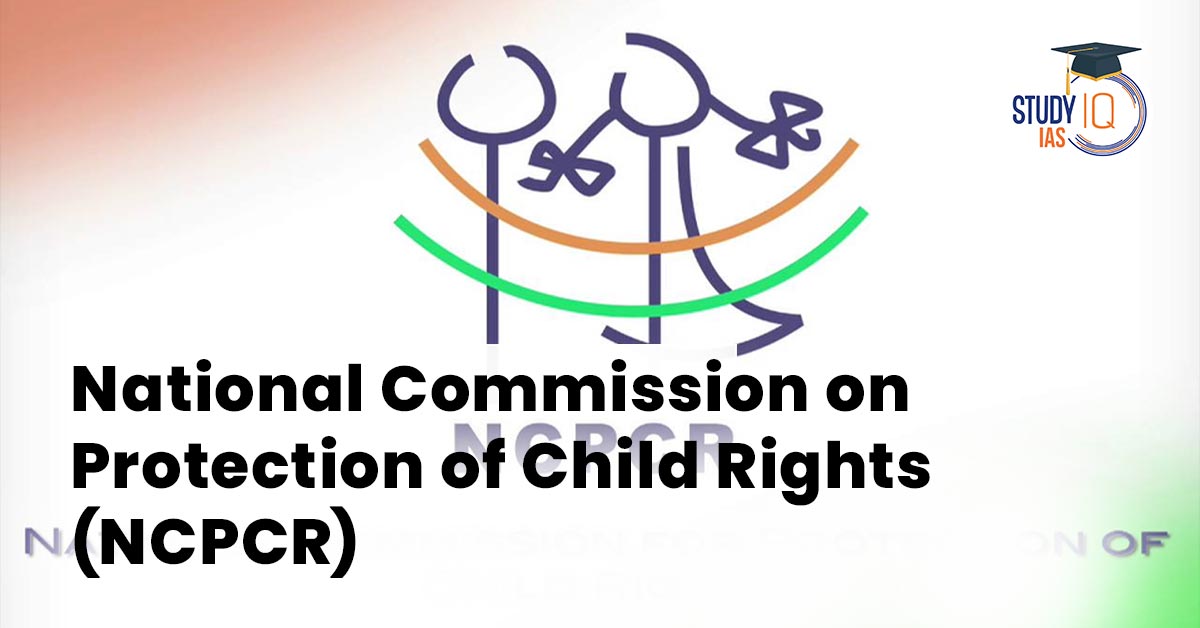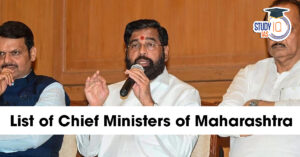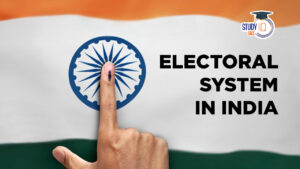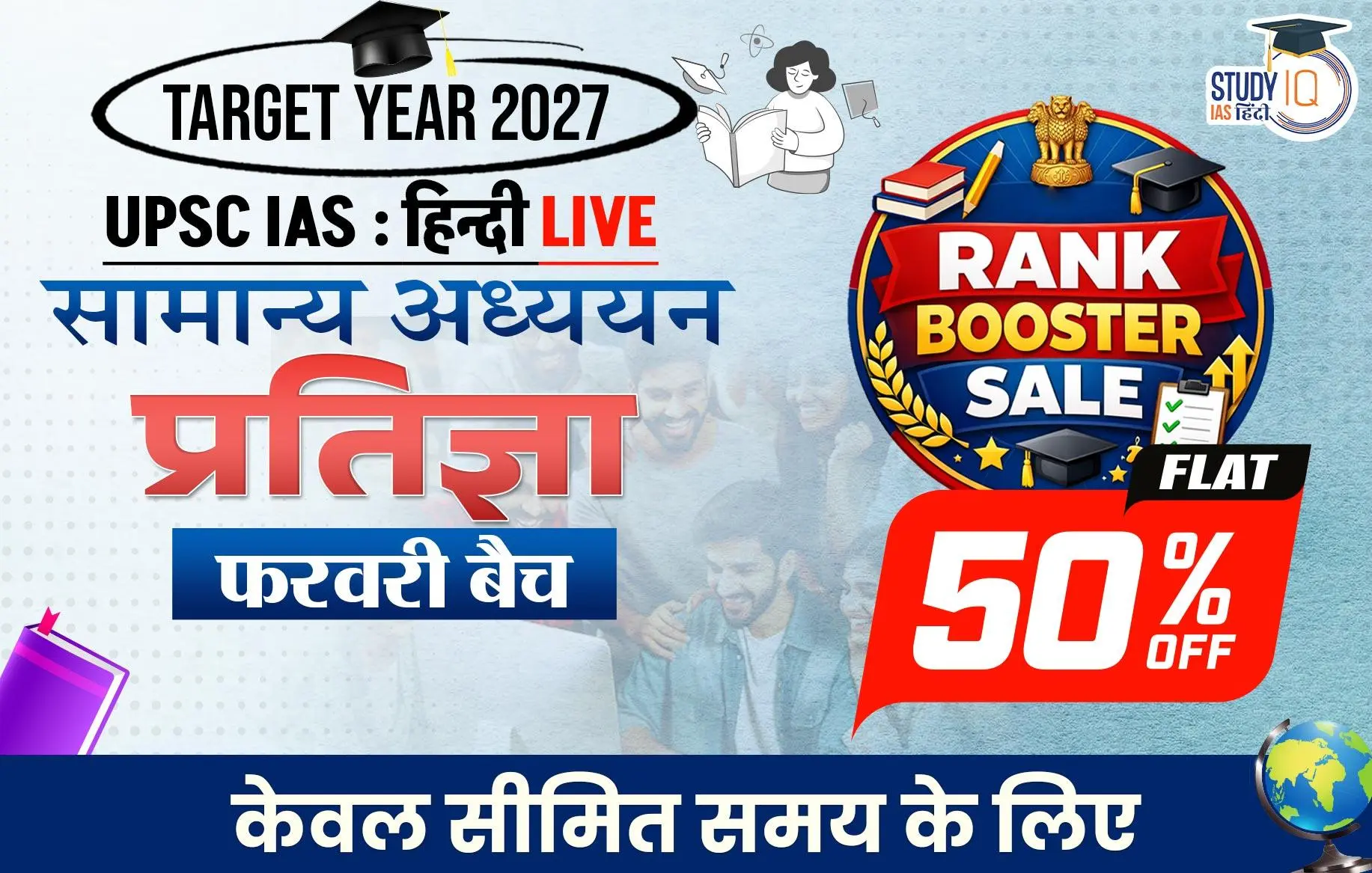Table of Contents
Context: The Supreme Court dismissed a plea by the National Commission for Protection of Child Rights (NCPCR) challenging a 2022 Punjab and Haryana High Court ruling that allowed marriage of girls aged 15 and above under Muslim personal law, despite the POCSO Act.
National Commission on Protection of Child Rights (NCPCR)
- National Commission on Protection of Child Rights (NCPCR) is a statutory body constituted by the GoI under the Commission for Protection of Child Rights Act, 2005.
- Mandate: Protection and promotion of child rights in India.
- Also, NCPCR is responsible for monitoring the effective implementation of:
- POCSO Act, 2012
- Juvenile Justice Act, 2015
- Right to Education (RTE) Act, 2009
- India acceded to the UN Convention on the Rights of the Child (CRC) in 1992.
- Composition: Chairperson (Not necessarily a Woman) + 6 members (At Least 2 Women)
- Appointment & Removal: Central Government
- Tenure: 3 Years (Both Chairperson & Members)
- The chairman and the members cannot hold office for more than 2 terms.
- Maximum age to hold post: Chairman (65 Years), Members (60 Years)
- NCPCR submits an annual report to the Central Government.
| Fact |
| A person between the ages of 0-18 is considered a child by the Commission. |
Composition of NCPCR
- Chairperson: Eminent person with outstanding work for child welfare.
- Tenure: 3 years or till 65 years (max 2 terms).
- 6 Members: At least 2 women, from fields such as education, child health, child development, juvenile justice, child labour elimination, psychology, sociology, or child laws.
- Tenure: 3 years or till 60 years (max 2 terms).
- Appointment: By the Central Government.
- The chairperson is appointed on the recommendation of a 3-member committee chaired by the Education Minister.
- Removal: By the Central Government on grounds such as insolvency, unsound mind, incapacity, misuse of office, conviction with moral turpitude, etc.
Functions & Responsibilities of NCPCR
- Review and recommend measures for effective child rights protection.
- Submit reports to the Central Government on safeguards and their effectiveness.
- Investigate violations of child rights and recommend legal action.
- Inspect child care institutions, juvenile homes, and suggest remedial measures.
- Promote research and awareness on child rights.
- Take suo motu notice of child rights violations and non-implementation of laws.
- Specific mandates:
- RTE Act (2009): Review implementation of child rights safeguards.
- POCSO Act (2012): Monitor designation of Special Courts & guidelines.
- Child Care Institutions (CCIs): Monitor functioning and conduct social audits (as per SC directions).
Powers
- Powers of a Civil Court:
- Summon witnesses, examine on oath.
- Demand documents and public records.
- Receive affidavits.
- Issue commissions for the examination of witnesses.
- After inquiry, may:
- Recommend prosecution.
- Approach SC/HC for writs or directions.
- Recommend interim relief to victims or families.
Challenges & Limitations
- Limited power to enforce recommendations.
- Resource constraints (financial & manpower).
- No fixed timeframe for inquiries/investigations.
- Broad mandate → limited capacity to address all child-related issues effectively.
Recommendations for Improvement
- Increase funding and resources.
- Strengthen legal powers (binding orders, fines).
- Expand awareness, especially among marginalised groups.
- Greater authority to enforce recommendations.
- Prioritise children’s participation in decision-making.
State Commission for Protection of Child Rights (SCPCR)
- Established by State Governments under the CPCR Act, 2005.
- Chairperson & members appointed by the State Government (on recommendation of a selection committee chaired by the Minister for the Children’s Department).
- Composition, eligibility, and tenure are similar to NCPCR.
Initiatives by NCPCR to Protect Child Rights
- GHAR: Go home and Reunite portal for repatriation of Children from childcare homes to their families during COVID-19.
- MASI portal: Monitoring app for seamless investigation ( for real-time monitoring of childcare institutions)
- Bal Swaraj portal: for online tracking and monitoring of the Children who need protection and care
- POCSO e-Box: Online complaint system for child sexual abuse.
- Samvardhan: Vulnerability mapping program to combat child trafficking.


 List of Chief Ministers of Maharashtra F...
List of Chief Ministers of Maharashtra F...
 Electoral System in India 2026: SIR Upda...
Electoral System in India 2026: SIR Upda...
 SLAPP Suits: Meaning, Examples, Impact o...
SLAPP Suits: Meaning, Examples, Impact o...

























